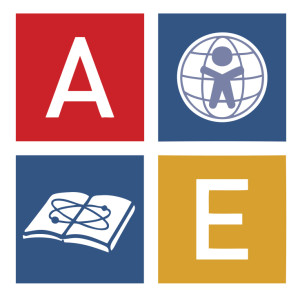Let’s face it: social media is not going away anytime soon. Don’t get me wrong–there are many positive and transformative benefits of the various social media platforms, such as uniting families, brainstorming treatments for rare illnesses, fomenting democracy in the face of authoritarian regimes, etc. At AEA, as with most organizations, we use social media (primarily Facebook, Twitter and Instagram) to augment communication with our community and the broader world.
Having been at AEA since the dawn of social media and watched this mode of communication creep into our everyday lives, I also see the challenges that arise when we substitute social media “news” and communication for face-to-face conversation. A semi-hypothetical example: a student goes home and reports to their parent that they are being bullied at school. Before contacting the child’s teacher or principal, that same night the parent posts “details” of the alleged bullying on Facebook. Before school staff have even been informed of the allegations, dozens of people post public comments on the parent’s wall. These posts include highly critical comments about the school staff’s lack of commitment to student safety, some originating from the parent’s social media friends who have never even set foot on the school campus. Now the school administrator and staff must not only deal with the alleged bullying–which may or may not have occurred–but also with the mistaken public impression that the school doesn’t care about preventing bullying. Add in the additional semi-hypothetical involvement of the news media picking up the “story” and we have a full-blown social media event that hasn’t even been allowed to be addressed in the real world.
Short of assigning school staff to monitor social media feeds around the clock–clearly a logistical impossibility–the only way to quell this type of incident, and countless similar situations involving social media posts being taken as fact, is to slow down and follow traditional channels of communication. This includes understanding which are the official AEA social media accounts and which ones are not. Any additional accounts, even if they somehow contain AEA’s name in the title, are not official sources of news or information about AEA.
In the interest of teaching our students the responsible and constructive uses of social media, we all owe it to our community to pause, take a deep breath, and when in doubt choose human over digital/virtual.

Recent Comments